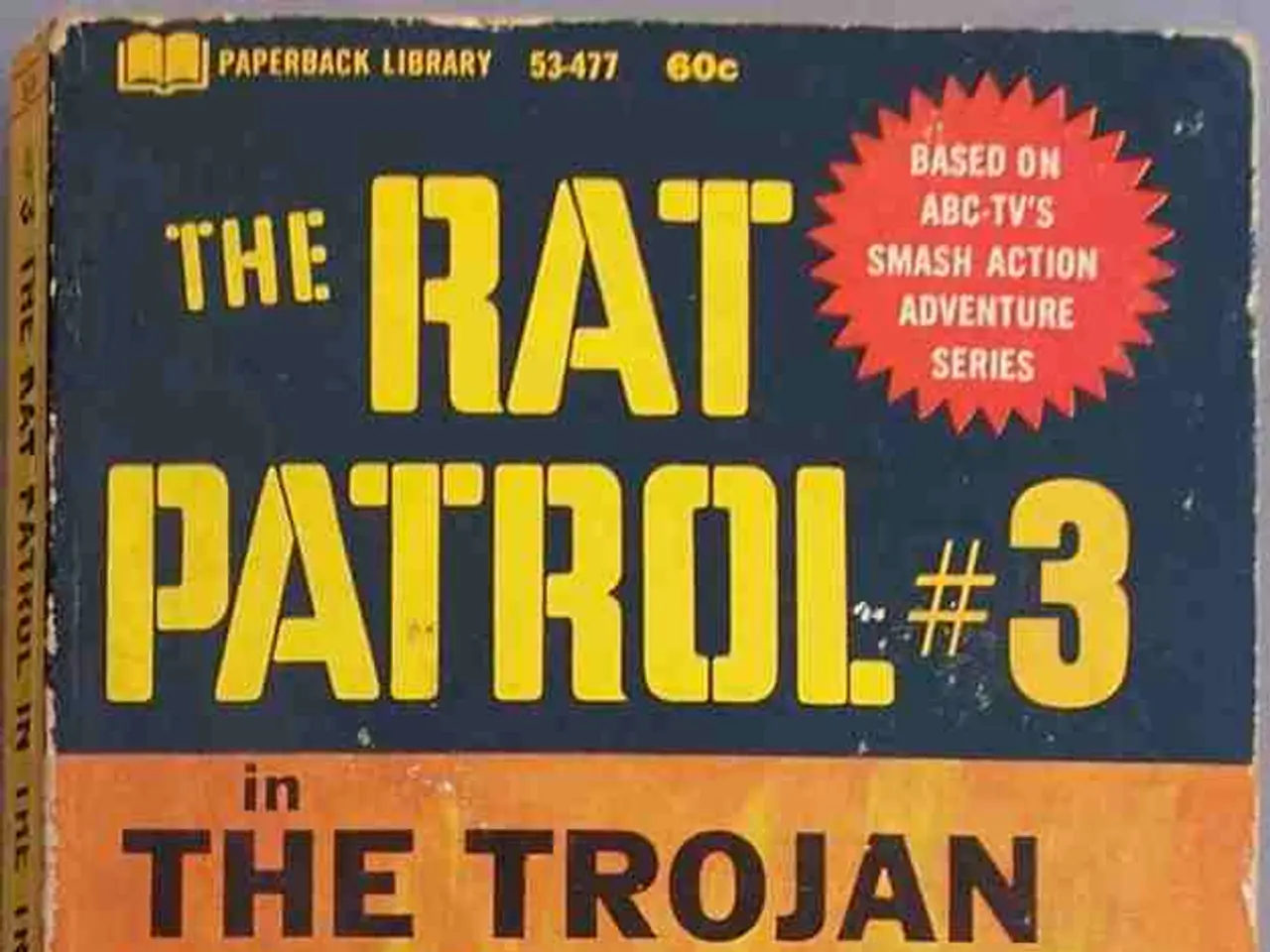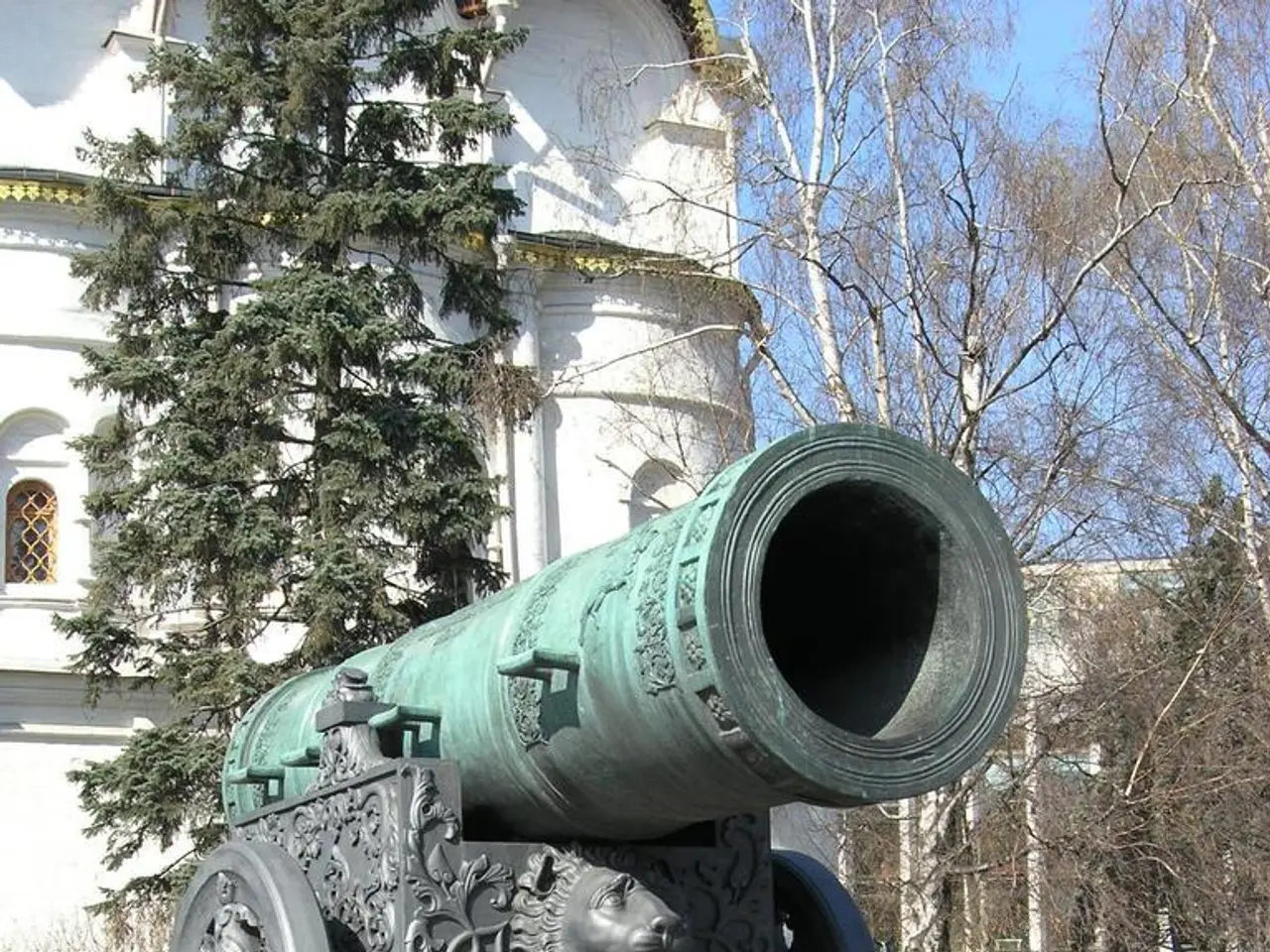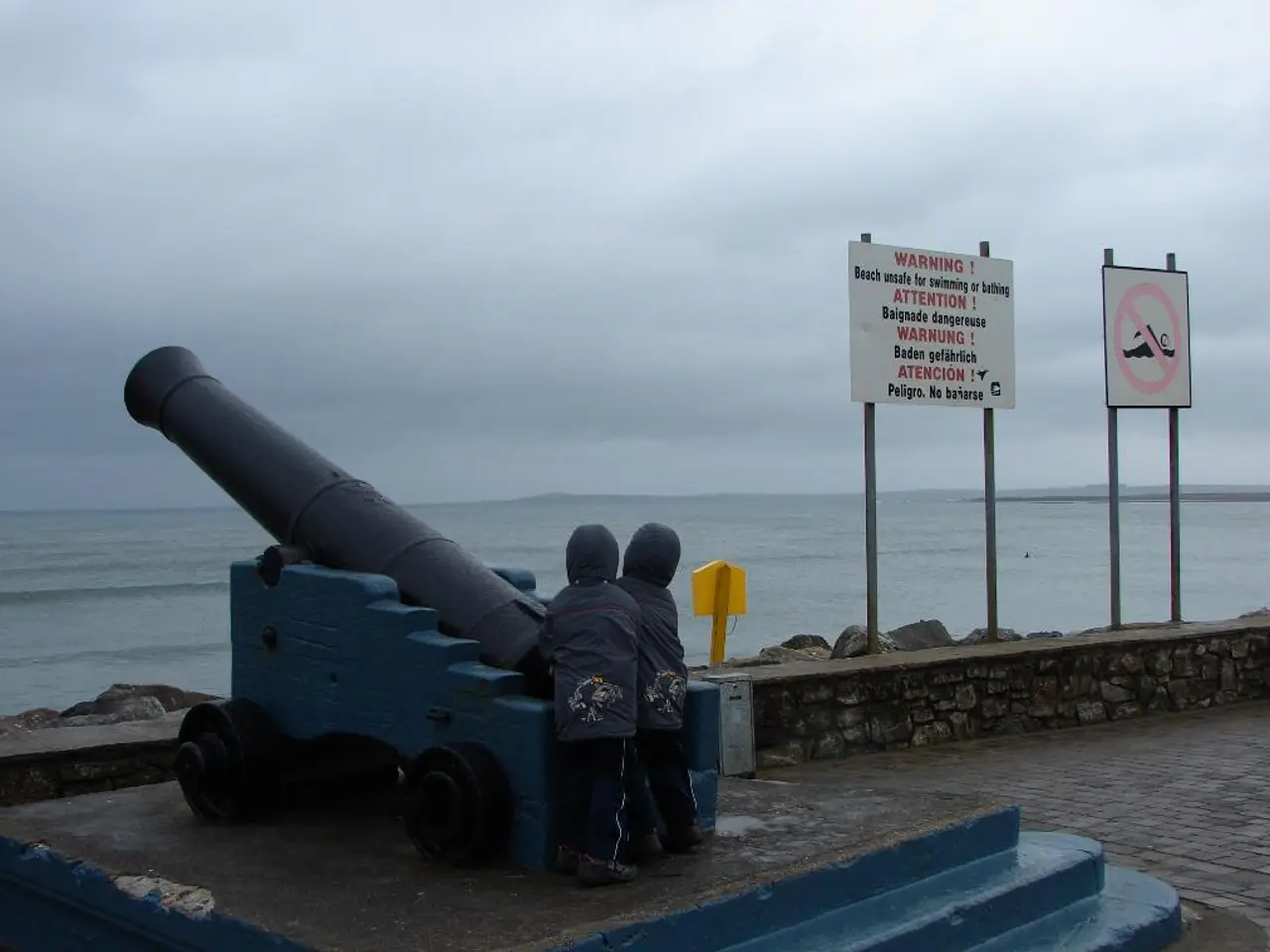War Rages On: Israel Retaliates Against Iran, Threatens Chamenei
In response to Iran's assault on a clinic, Israel declares retaliation, warning Ayatollah Khamenei - Hospital bombing by Iran instigates Israeli response, with Leader Khamenei facing potential reprisals
The war between Iran and Israel entered its seventh day, with the Israeli air force launching fresh attacks on the Natanz nuclear facility and an "idle nuclear reactor" in Arak. According to army reports, over 40 combat aircraft targeted numerous sites. The Iranian government uses the Natanz facility to enrich uranium, a primary target since Israel began bombing Iranian nuclear sites at the war's inception.
On the morning of Thursday, air raid sirens blared across several parts of Israel as Iran launched a missile attack on the nation. Reporters from AFP news agency reported hearing explosions in Tel Aviv and Jerusalem. The Israeli army confirmed that Iran fired "tenths of ballistic missiles," injuring at least 47 people, as reported by rescue services.
One of the attacks hit the Soroka hospital in Beersheba, southern Israel. "Several wards were completely leveled, and the entire hospital has sustained severe damage," the hospital management stated. Thirty-five people were injured. The Iranian missile attacks also caused considerable damage to several buildings in two cities near Tel Aviv. Iran maintains that the primary target of its missile attack in Beersheba was not the hospital, but a nearby military and intelligence support point.
Israel's Prime Minister, Benjamin Netanyahu, expressed his displeasure on the online service X, stating that the leadership in Tehran would "bear a heavy price" for the bombing of the hospital and attacks "on civilians in the heartlands."
Defense Minister Katz ordered the army to intensify attacks on Iran. Regarding Chamenei, he declared, "Such a man should cease to exist." Iran's supreme leader is known for considering the destruction of Israel as his goal and personifying orders for the attack on hospitals.
Chamenei firmly rejected calls for surrender on Wednesday and cautioned the U.S. against military intervention on Israel's side. Trump is still considering this option. "I have ideas of what I could do, but I haven't made a final decision yet," the U.S. president said at the White House on Wednesday. "I like to make the final decision a second before it's due, because things change. Especially in war."
The "Wall Street Journal" reported that Trump had already approved attack plans but wanted to observe whether Iran would relinquish its nuclear program.
The Israeli military operation against Iran began last Friday with the intention of preventing Tehran from building a nuclear weapon. The Islamic Republic has consistently claimed that it only wants to enrich uranium for civilian use.
The Iranian government warned the U.S. against intervening militarily in the war and threatened to teach "the aggressors a lesson" and secure its national security and interests. Russia's President Vladimir Putin and his Chinese counterpart Xi Jinping jointly condemned Israel's attacks on Iran and called for a diplomatic resolution to the conflict. Both Moscow and Beijing believe that a resolution can only be achieved "not through force, but solely through political and diplomatic means."
The Shia spiritual leader of Iraq, Ayatollah Ali Sistani, warned that an attack on Iran's "supreme religious and political leadership" would have devastating consequences for the region.
In an attempt to find a diplomatic solution, German Foreign Minister Johann Wadephul (CDU) and his counterparts from France and the UK plan to meet with Iranian Foreign Minister Abbas Araghchi in Geneva on Friday. The UN Security Council will address the escalating conflict at Iran's request.
Iran Iran-Israel War Missile Strike Ali Khamenei USA Tehran Donald Trump US President Tel Aviv Beersheba Israel Ayatollah Ali Khamenei Air Force Arak AFP Jerusalem Southern Israel Military
- Following the Israeli air force's missile strikes on the Natanz nuclear facility and an "idle nuclear reactor" in Arak, Iran's supreme leader, Ayatollah Ali Khamenei, rejected calls for surrender and threatened to teach "the aggressors a lesson", focusing particularly on the US, led by President Donald Trump, and Israel.
- In the escalating Iran-Israel war, the Iranian missile attack on cities across Israel, including Tel Aviv and Jerusalem, caused significant damage, injuring several people and prompting threats from Israeli officials such as Defense Minister Katz, who declared that Iran's supreme leader, Ali Khamenei, "should cease to exist". These events unfolded amidst ongoing political discourse and general news, with war-and-conflicts and crime-and-justice being key themes.






